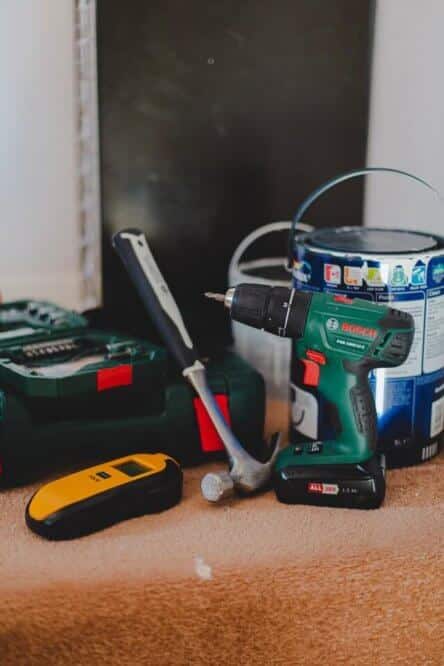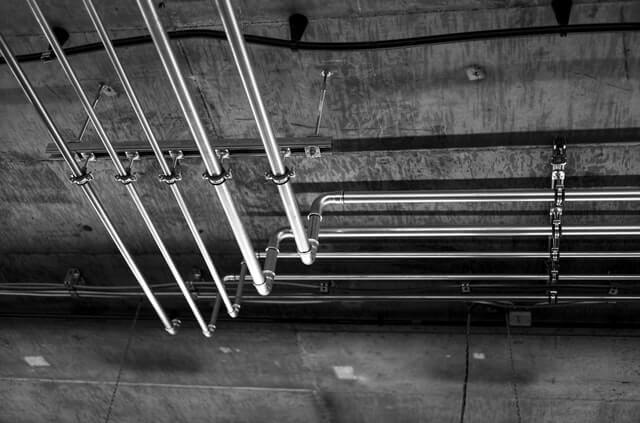When looking for various sump pumps, you might have noticed that some use batteries – and that they come at an additional price. But is a battery backup sump pump worth it, or is this just another scheme to take your money?
The answer to this might not be simple, as it depends on your individual situation and living area.
Even in the 21st century, power outtakes aren’t that rare, especially during bad weather conditions. Being left without power in the heavy rain can be terrible for homes with a basement, as sump pumps can no longer drain the excess water. This is where battery backups come into play.
But how do these units work and is a battery backup sump pump worth it?
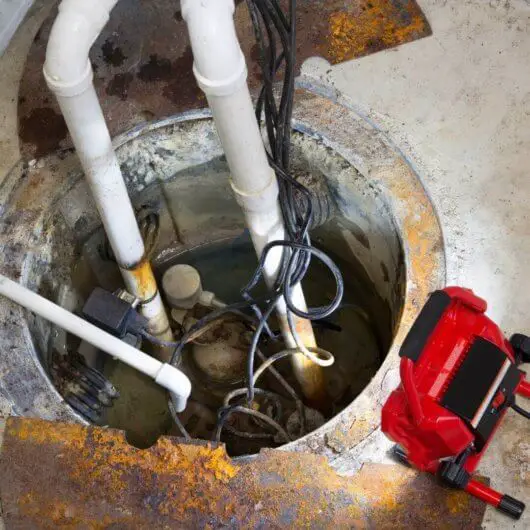
Here’s everything you need to know.
A battery backup sump pump is there to give you peace of mind during power outtakes that can occur with heavy rainstorms. They will help your pump work even without a standard power outlet, and this can be very helpful.
These rarely serve as your main pump. Instead, they’ll be there in case the primary sump pump can no longer function to ensure your basement is free of any flooding.
It is estimated that up to 98% of basements in U.S. homes will experience water damage. The main cause of this is a heavy rainfall that can lead to a power outtake.
Home water damage insurance claims are $6,965 on average! This is a statistic that is important to keep in mind when wondering is a battery backup sump pump worth it.[1]
How Does a Battery Backup Sump Pump Work?
A sump pump of any type is located in your basement, at the lowest possible location in your home. This is called a sump pit.
With the help of natural water migration and drains, a sump pump will collect excess water and remove it from your home with the help of pipes that discharge it.
This discharge is usually located on your property but somewhere away from the basement. Many homeowners are very creative about finding new ways to hide this discharge.
Sump pump pipes can only transfer water in one direction, and that is outside of your basement. Most sump pumps also have an impeller – a unit that looks like a fan that forces the water in the required direction. This ensures the water never comes back inside.
All sump pumps work on electric energy. However, battery backup sump pumps, as their name suggests, have a battery that can help the pump work in case of a power outage.
You might be able to install a battery backup on an existing pump, as well. In fact, even some of the battery backups that can be installed onto other pumps come with a small pump on their own to ensure you’ll have a way to remove water and prevent floods.
Don’t try to DIY sump pump battery backup, even though there are some ideas out there. You don’t want to play with flooding.
Pros and Cons of a Battery Backup Sump Pump
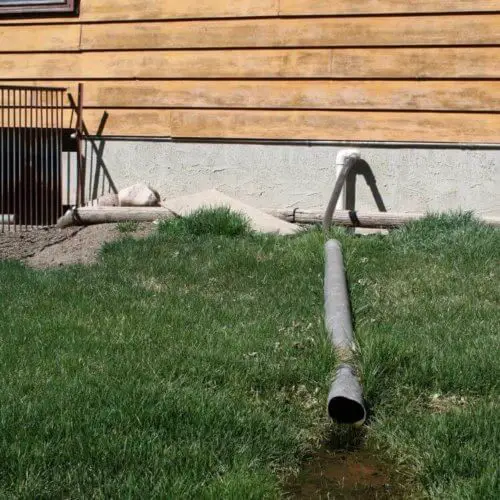
No unit is without its good and bad sides, and the same can be said for a battery backup pump. In fact, it is impossible to know is a battery sump pump worth it without calculating all the advantages, as well as potential problems.
We’ll explain.
Pros of a Battery Backup Sump Pump
A battery backup sump pump will ensure your pump keeps on working during a power outage or some other problem that might stop a pump. However, there are many other benefits that will make you want this type of pump. These include:
- They are always ready. Most battery backups have auto-charging options. They’ll recharge the moment the power is on, so you won’t have to worry whether you’ll have power during the next outage.
- They work around primary pump problems. If the primary pump faces any type of problem, such as a clog, a battery backup sump pump will be able to replace it. Even a clog in the pump won’t keep it from working!
- They are easy to install. The installation of most battery backup sump pumps is fairly easy, and chances are you’ll be able to do it on your own. All you need to do is to attach it to a primary pump and, sometimes, to the power outlet.
- They help the primary pump. Imagine there is a really heavy rainfall that your main sump pump won’t be able to deal with. This is where battery backup sump pumps come into play. They’ll work alongside your main pump, helping it to remove the water from the basement more efficiently.
- They are fairly affordable. There are two ways to help your primary sump pump: To install a secondary one, or to buy a battery backup. While you might think a secondary pump will do a better job, it’s important to note that these pumps also work on electricity. If a power outage occurs, you’ll stay without a sump pump, and this isn’t something you can afford every single time.
Cons of a Battery Backup Sump Pumps
There aren’t many cons of battery backup sump pumps as the functionality of most units will depend on the main sump pump you have. Still, here are two traits you might not be so happy about:
- They have a limited run time. Even the best batteries won’t be able to run forever. Most will be able to keep your sump pump running for just a few hours. While you can prolong this by using dual batteries, this still won’t keep your pump running indefinitely.
- They require extra maintenance. The batteries will need to be replaced every now and then, as they won’t last forever. If you wondered what is the sump pump battery backup life expectancy – most will last for 3-5 years. After this, you’ll need to get a sump pump battery replacement. This might not bother most homeowners, but if you have a vacation home or are a landlord, such a task can be a hassle.
What Problems Do the Battery Backup Sump Pumps Solve?
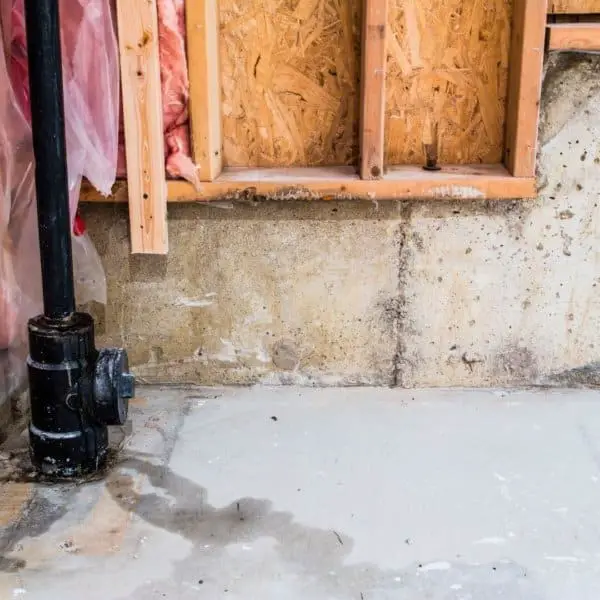
Another thing you need to consider when wondering is a battery sump pump worth it is what potential problems will such unit solve.
Sump pumps are not without flaws, and they can experience issues that will impact their function. Once they malfunction, your basement will be exposed to water damage, and this can only end badly.
Sure, you can try to repair your sump pump on your own, but when there is a heavy rain, you don’t have too much time to waste. You need to get the water out of your basement fast.
Here are some of the common sump pump problems that a battery backup can help overcome:
- Power outages. As sump pumps work on electricity, power outages are the main issue they experience. They are also the main issue that a sump pump can solve, as it provides additional source of power. [2]
- Blown fuses or tripped circuit breaker. These two can also make a sump pump lose its electricity. Fortunately, they don’t have any effect on a battery backup sump pump.
- Float switch. A float switch can malfunction, keeping the pump from activating itself.
- Overheating. If a pump works for too long, it can overheat. Even the best sump pumps with cooling features will overheat if dealing with huge flooding.
- Clogged exit pipe. If the exit pipe gets clogged, the water will have nowhere to go. This can cause the sump pump itself cause the flood instead of stopping it!
Read Also: Drain Backup in Basement
So, Is a Battery Backup Sump Pump Worth It?
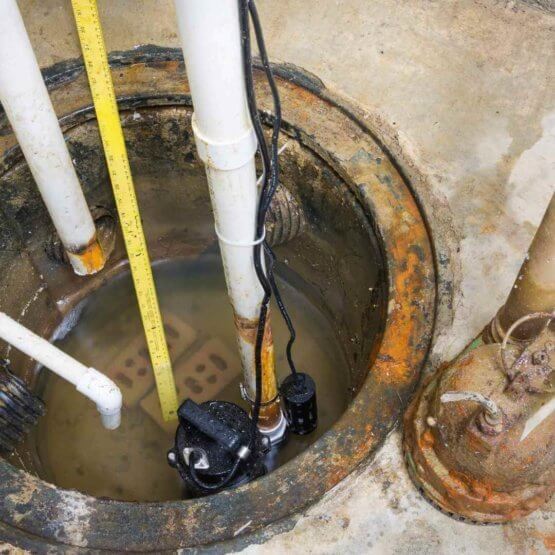
A battery backup sump pump isn’t an affordable investment. You might wonder whether this is something worth placing your money into.
Read Also: Sump Pump Battery Backup Beeping
Conclusion
In general, it all comes down to how often do you experience heavy storms followed by a power outage. This is what you’ll need battery backup sump pumps for.
However, even if you don’t live in such areas, it won’t hurt having that additional feeling of safety. Flooding can damage the structures of your property, and it’s nothing to joke about. Power outages aren’t the only things that can keep your sump pump from working properly, and it’s better to be prepared. This is especially the case if you have an old sump pump you don’t feel like replacing.
Of course, the final decision is up to you. As long as you think a battery backup sump pump is useful, it will be worth it. Just don’t wait until accidents happen, as it might be too late!

Michael Davis is a heating & plumbing expert who currently works as independent contractor in SC. He also writes for Plumbertip.
For almost 10 years he worked on various plumbing tasks across South Carolina.
